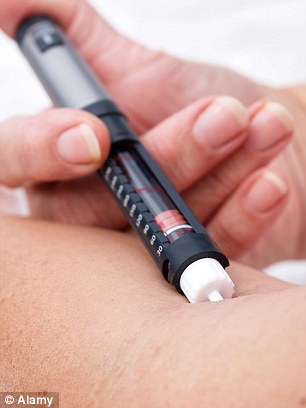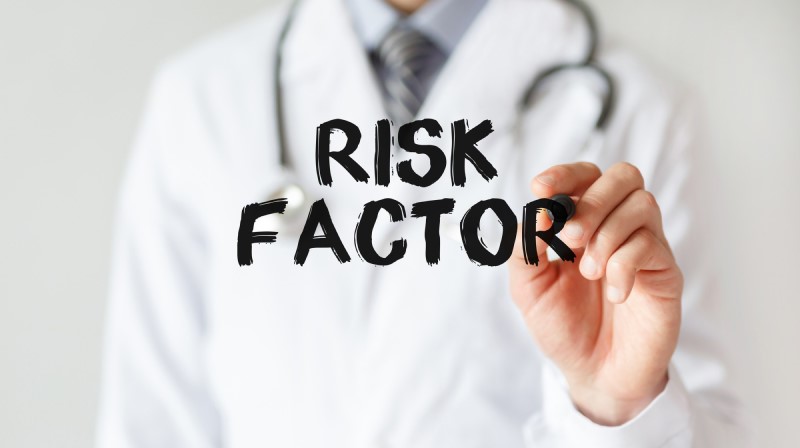- Diabetes UK say the number of amputations linked to the disease is rising
- The number of amputations in Britain is now 7,370 a year – up from 7,042
- Chris Askew, of Diabetes UK, said the new figure is a ‘huge concern’
Read the full article at: www.dailymail.co.uk
New figures, released by Diabetes UK and based on data from Public Health England, show that the number of amputations arising from diabetes-related complications is now 7,370 a year whereas the previous figure was 7,042. If the amputations could have been detected earlier, 80 percent of foot ulcers could have largely been avoidable. Intact, if you have a good diabetes management and regular foot care, this may help to prevent severe foot sores that may be difficult to treat and which result in amputation. With the help of the DietSensor app, you can easily get back on track to proper diabetes management and prevent foot ulcers. “It’s the next generation of diet and nutrition apps,” said Bonnasse. “This will do all the heavy calculation for you. You don’t have to think.” DietSensor has worked with doctors and nutritionists to create customized diets and it is the first nutritional coaching app for diabetics to help you better manage chronicle conditions and fitness. DietSensor’s core goal is to stem the growth of diabetes and obesity by providing people and businesses with access to real-time, real world applications that can better manage their condition. So, no excuse, start eating healthy and get rid of fructose without stopping counting your food intake.




